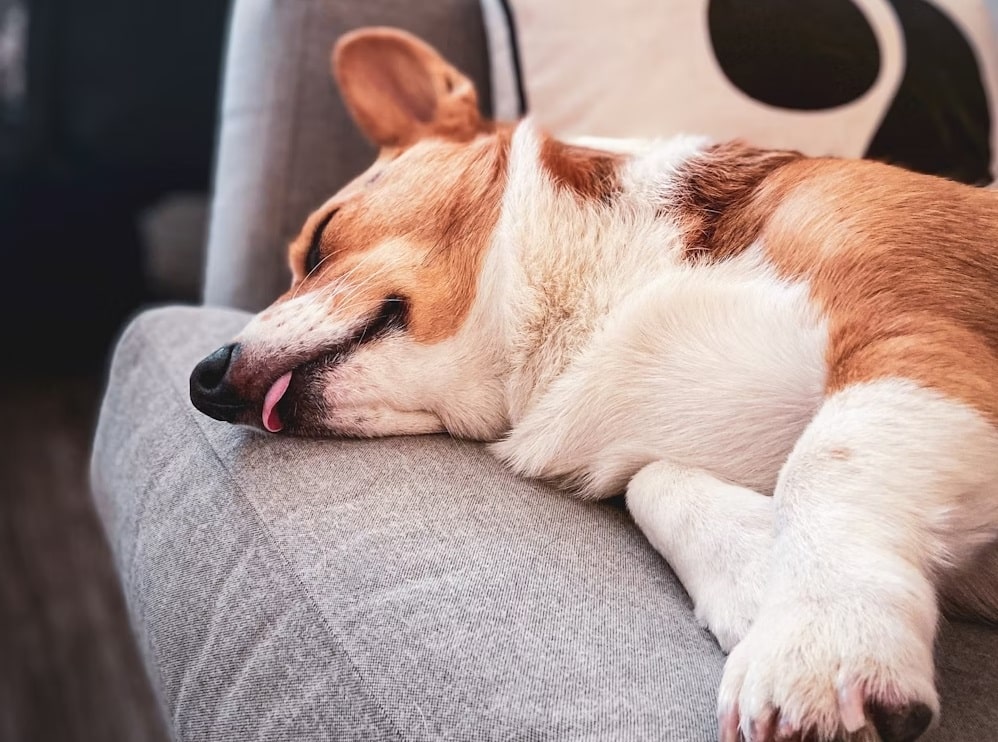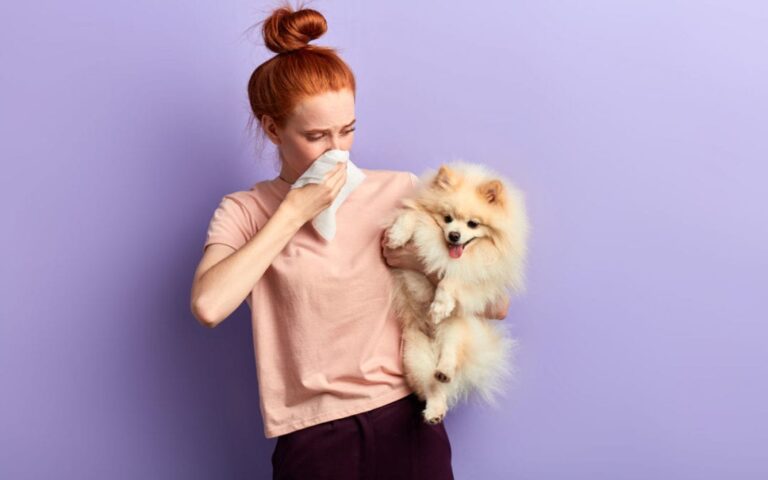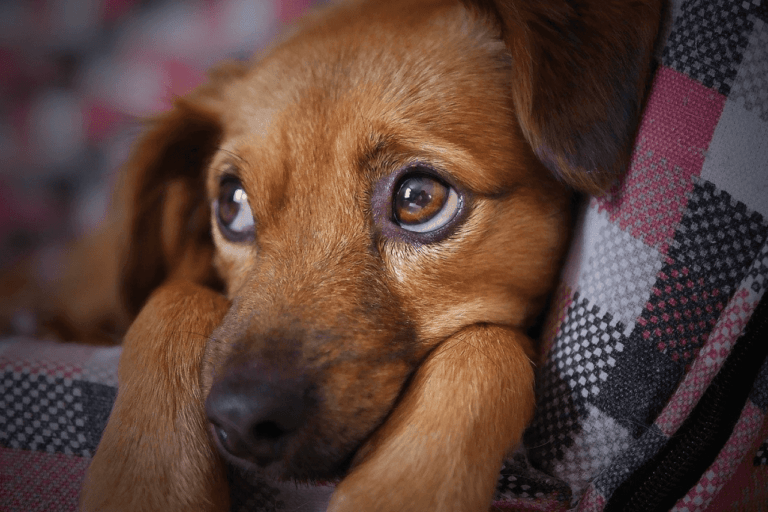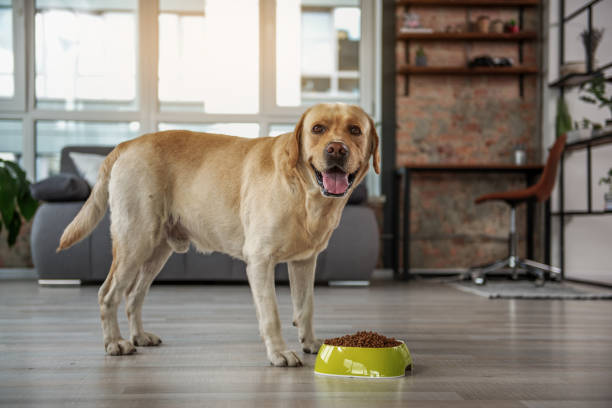Common Sleep Issues in Dogs
Dogs, like humans, can experience various sleep issues that can impact their overall health and well-being. Some common sleep issues in dogs include insomnia, sleep apnea, and restless leg syndrome.
Insomnia in Dogs
Insomnia in dogs is characterized by difficulty falling asleep or staying asleep. This can be caused by various factors such as anxiety, pain, or underlying health conditions. Dogs with insomnia may exhibit symptoms such as restlessness, excessive panting, or pacing during the night. It is important to address the underlying cause of insomnia in dogs to ensure they get adequate rest and maintain their overall health.
Sleep Apnea in Dogs
Sleep apnea is a sleep disorder characterized by pauses in breathing during sleep. This can lead to poor quality sleep and fatigue in dogs. Common causes of sleep apnea in dogs include obesity, airway obstructions, or respiratory conditions. Dogs with sleep apnea may exhibit symptoms such as loud snoring, gasping for air during sleep, or excessive daytime sleepiness. Treatment for sleep apnea in dogs may involve weight management, respiratory therapies, or surgery in severe cases.
Restless Leg Syndrome in Dogs
Restless leg syndrome in dogs is a neurological disorder characterized by an uncontrollable urge to move their legs or body during sleep. This can result in disrupted sleep patterns and discomfort for dogs. Restless leg syndrome in dogs may be caused by underlying health conditions such as nerve damage, arthritis, or nutritional deficiencies. Dogs with restless leg syndrome may exhibit symptoms such as twitching, kicking, or vocalizing during sleep. Treatment for restless leg syndrome in dogs may involve addressing the underlying cause, providing pain relief, or implementing behavioral modifications to improve sleep quality.
Causes of Sleep Issues
Physical Health Conditions
Sleep issues in dogs can be caused by various physical health conditions. These may include pain from injuries or arthritis, gastrointestinal issues like indigestion or acid reflux, or respiratory problems such as sleep apnea. It is important to consult with a veterinarian to rule out any underlying medical issues that may be contributing to your dog’s sleep problems.
Behavioral Factors
Behavioral factors can also play a role in causing sleep issues in dogs. Anxiety, stress, and fear can lead to insomnia or restlessness at night. Dogs may also experience sleep disturbances due to changes in their routine, such as a new environment or schedule. Providing a comfortable and safe sleeping area for your dog can help alleviate some behavioral causes of sleep issues.
Environmental Factors
Environmental factors can also impact a dog’s ability to sleep soundly. Loud noises, bright lights, or extreme temperatures can disturb a dog’s sleep patterns. Additionally, lack of exercise or mental stimulation during the day can lead to restlessness at night. Creating a calm and quiet sleeping environment for your dog, as well as ensuring they get enough physical and mental activity during the day, can help improve their sleep quality.







